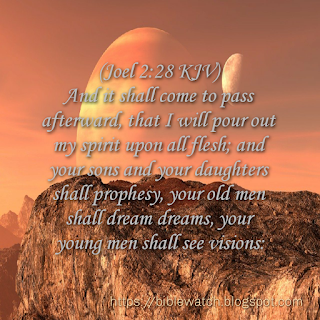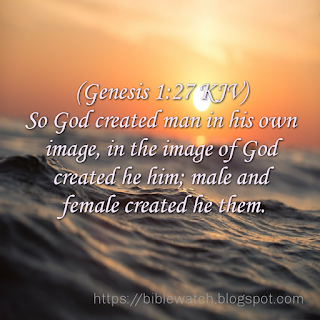2 KINGS 3:27: THE INDIGNATION AGAINST ISRAEL WHEN THE KING OF MOAB BURNT A HUMAN BEING WAS NOT FROM GOD
One of the famous stories in the Bible is this story that was recorded in the book of 2 Kings chapter 3. The controversy in the story is in verse 27 where the Bible recorded that there was great indignation against Israel after the King of Moab made a burnt offering of a human being on the wall.
(2 Kings 3:27 KJV) Then he took his eldest son that should have reigned in his stead, and offered him for a burnt offering upon the wall. And there was great indignation against Israel: and they departed from him, and returned to their own land.
Many believe that it was God that raised an indignation against Israel. However, it could not have been God as God could not have accepted human sacrifice going by His nature. More so, God could not have been angry with Israel for an act of the King of Moab and for carrying out His command to them, through His prophet, to "smite every fenced city and every choice city".
(2 Kings 3:18-19 KJV) And this is but a light thing in the sight of the LORD: he will deliver the Moabites also into your hand. And ye shall smite every fenced city, and every choice city, and shall fell every good tree, and stop all wells of water, and mar every good piece of land with stones.
Others believe that it was the pagan god (Chemosh), whom the King of Moab sacrificed to, that caused great fear and anger amongst the Israelites. However, such an interpretation is entirely foreign to biblical theology, which always presents pagan gods as false gods with no power against the God of Israel. More so, God could not have allowed demonic forces to dramatically change the course of a battle as if to vindicate such a despicable act.
None of these beliefs is accurate. It was neither the God of Israel nor the pagan god that caused the indignation against Israel.
The ambiguity of the pronoun in verse 27 is what contributed to the controversy. Many people thought that the King of Moab offered his own firstborn as a burnt offering. However, it is worthy of note that the Bible does not say he offered “his own firstborn son"; which is the phrase that would have been used to eliminate any ambiguity if the Bible is referring to the firstborn of the King of Moab. The "his" in verse 27 is referring to the King of Edom and not the King of Moab.
(2 Kings 3:26-27 KJV) And when the king of Moab saw that the battle was too sore for him, he took with him seven hundred men that drew swords, to break through even unto the king of Edom: but they could not. Then he took his eldest son that should have reigned in his stead, and offered him for a burnt offering upon the wall. And there was great indignation against Israel: and they departed from him, and returned to their own land.
In other words, when the King of Moab could not get through to meet the King of Edom, he took the eldest son of the King of Edom, who would have reigned after him and whom the King of Moab must have captured; and offered him for a burnt offering upon the wall. The book of Amos made reference to the burning of the King of Edom (i.e. the crown prince) by the King of Moab and using it to plaster a wall.
(Amos 2:1 AMP) Thus says the LORD, “For three transgressions of Moab and for four (multiplied delinquencies) I will not reverse its punishment or revoke My word concerning it, Because he burned the bones of the king of Edom [Esau’s descendant] into lime [and used it to plaster a Moabite house].
It was this horrific killing of the King of Edom’s firstborn son in full view of the attackers that made the other nations (Edom and Judah) and their Kings to abandon Israel and its King whom they came to help execute the battle, and returned to their own lands (nations).
The Edomites would have been so enraged with Israel when they saw that Israel’s battle had resulted in the death of the heir apparent. This caused them to withdraw from the battle.









Comments
Post a Comment